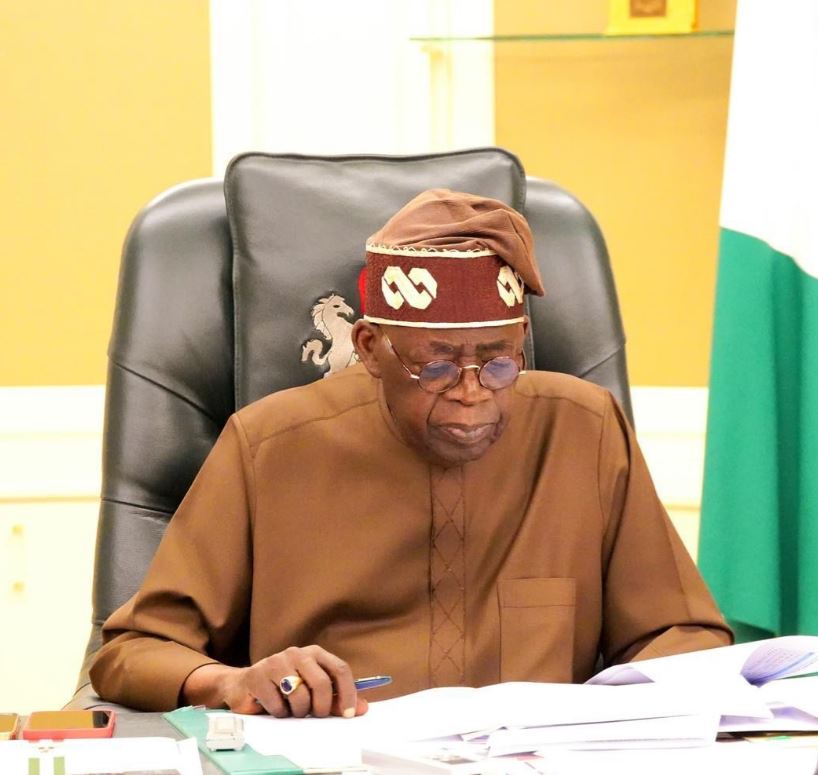In defiance of mounting global and local concern over Nigeria’s spiraling debt crisis, the Federal Government has ramped up its domestic borrowing to a staggering ₦10.85 trillion in just the first four months of 2025, signalling a troubling trend amid a backdrop of soaring debt service costs and IMF warnings.
Data from the Debt Management Office (DMO) and Central Bank of Nigeria (CBN) show that the borrowing figure slightly exceeds the ₦10.77 trillion borrowed in the same period last year, driven largely by aggressive Treasury Bills (TBs) issuance and FGN Savings Bonds, while FGN Bonds saw a reduction in uptake.
Nigeria’s total public debt ballooned by 48.6% in 2024 to ₦144.66 trillion, with the Federal Government accounting for 95% of it—₦137.28 trillion. This surge has had a devastating effect on public finances, with 150% of the FG’s 2024 revenue consumed by debt servicing, up from 65% the previous year.
Despite the dire numbers, investor appetite remains strong. FG’s bond offerings were oversubscribed by more than double during the period, with ₦3.33 trillion in subscriptions for ₦1.45 trillion offered, underlining investors’ confidence in short-term high yields.
The International Monetary Fund (IMF), however, has urged Nigeria to “stop the fiscal bleeding”. In its April 2025 Fiscal Monitor, the IMF advised Nigeria to prioritize reducing debt and increasing revenue through tax reforms and efficient spending.
The IMF projects Nigeria’s fiscal deficit-to-GDP will worsen to 4.5% in 2025, even as the debt-to-GDP ratio is expected to slightly dip due to nominal GDP growth and potential rebasing.
Yet analysts warn that this optical improvement masks a dangerous reality. Debt service-to-revenue reached a record 144% in January 2025, threatening to choke public investment and salaries.
While short-term borrowing through TBs may seem cost-effective in a high-interest rate environment, analysts caution that this strategy merely delays the inevitable, as ballooning obligations will still mature within a year.
“We are living on borrowed time,” said David Adonri, Vice Executive Chairman at Highcap Securities. “The government is ignoring the reality that declining oil revenues and reckless borrowing will soon push us toward financial embarrassment.”
As Nigeria walks the fiscal tightrope, the choice seems clear: either rein in spending and boost revenue—or risk sliding into a debt trap with consequences too grave to ignore.




